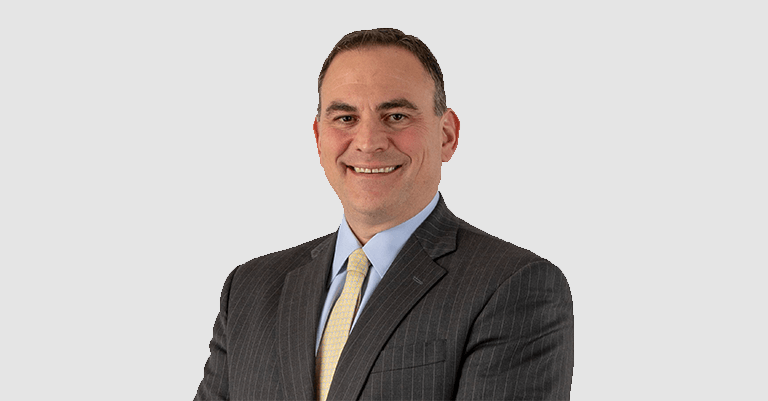Janus Henderson Investors has released the findings of its 2025 Investor Survey – Retirement Income and Planning, which seeks to better understand how affluent US investors aged 50 or older are preparing for and managing retirement income. Nearly three-quarters of the investors surveyed (73%) are concerned about the impact of recent market volatility on their ability to generate income in retirement, and 50% report checking their investment accounts more frequently during the market swings generated by the April 2025 tariff announcements.
Despite this unease, 36% of investors surveyed did not take any action in response to this year’s market volatility. However, a nearly equal portion of investors (34%) reduced spending on discretionary expenses, 25% delayed a major purchase, and 22% added more assets to their emergency fund.
Matt Sommer, Head of Specialist Consulting Group at Janus Henderson, said, “The market correction in April 2025 was jarring for many investors, with the S&P 500 Index dropping nearly 19% over a short period. But those who stayed on course were rewarded as equities recovered their losses before the end of June. The rapid fluctuations markets have experienced so far this year reinforce advisors’ critical role in helping clients stick to a plan and manage their emotions to avoid untimely investment decisions.”
Investor Trust in Advisors Grows
Nearly two-thirds of investors surveyed (65%) report having a full-service financial advisor, and more than half (54%) of advised investors say that communication with their advisors increased during this year’s volatility. Notably, 18% of advised investors aged 50 and older have not received a retirement income plan.
However, when asked how likely they were to recommend their financial advisor to a friend or colleague in need of a retirement plan on a scale of 0 (not at all likely to recommend) to 10 (extremely likely to recommend), the average score was 8.3%, indicating a strong probability of providing a referral.
“Retirement planning provides an opportunity to develop lasting client relationships, and advisors who specialise in helping investors generate adequate income in retirement often have a clearer path toward differentiation when meeting with affluent, older prospects,” added Sommer.
Comfort-First Cash Flow Strategies
Investors’ preferred retirement cash flow strategies underscore the need for deeper conversations with clients, as most retirees surveyed (57%) hold a year or more of expenses in cash.
Sommer added, “Peace of mind is clearly important, as evidenced by most respondents having a year’s worth of expenses or more parked in cash. Investors’ preferred retirement cash flow strategies also reveal a comfort-first mindset.”
Across all surveyed investors, the majority (60%) say they have made or are planning to make investments in dividend-paying stocks to ensure they have adequate cash flow in retirement. The second most popular investment for meeting expected cash flow needs in retirement is annuities, with a combined 54% of respondents having made or planning to make this investment, followed by international holdings (44%).
Guiding Investors Toward Simplicity
The vast majority of affluent, older investors (89%) have investment accounts at multiple financial institutions, including 33% who work with two providers, 29% who work with three providers, and 27% who work with four or more providers.
When asked about their views on reducing the number of financial institutions they work with, two-thirds of affluent investors (67%) say they see no need, and just 13% report they have begun reducing the number of providers.
“For retirees, maintaining investment accounts at multiple financial institutions often makes tracking cash inflows and outflows difficult. This challenge creates an opportunity for financial advisors to play the quarterback role, serving as the central point of contact and coordinator across all accounts and institutions,” said Sommer.








